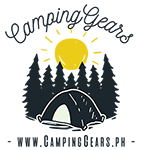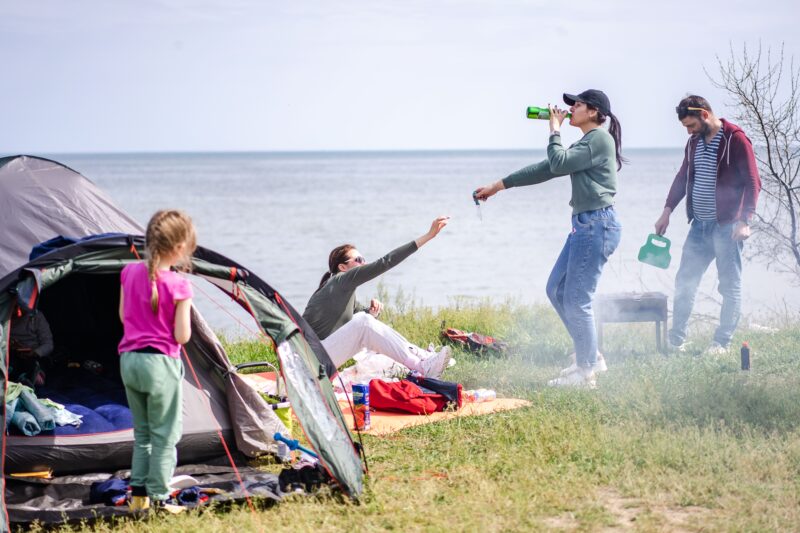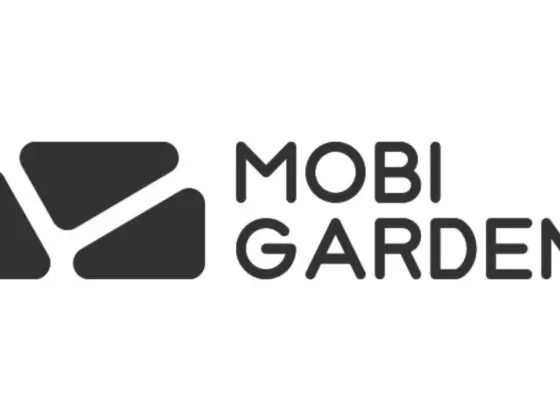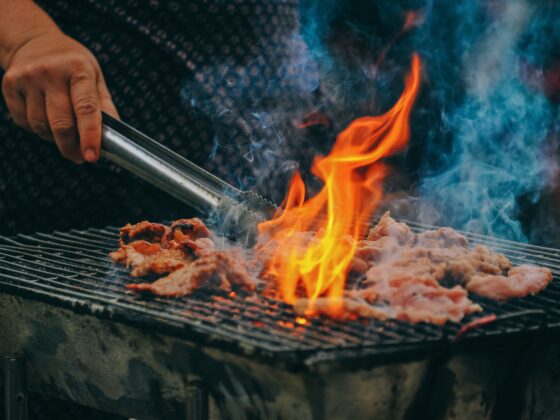Planning a camping trip? One of the most important aspects of a successful outdoor adventure is the camp kitchen. Whether you’re a seasoned camper or a first-timer, setting up a functional and efficient camp kitchen can make a world of difference in your outdoor cooking experience. In this article, we’ll share expert tips and tricks to help you set up the perfect camp kitchen.
From choosing the right cooking equipment to organizing your utensils and food storage, we’ve got you covered. We’ll also delve into meal planning and prepping, so you can enjoy delicious and nutritious meals even in the wilderness. Imagine waking up to the aroma of sizzling bacon, brewing a piping hot cup of coffee, and whipping up a hearty breakfast to fuel your outdoor activities.
With our handy tips, you’ll be able to create a camp kitchen that meets your needs and allows you to cook like a pro. So, whether you’re planning a weekend camping trip or embarking on a long-term adventure, get ready to elevate your camp cookouts to the next level!
The importance of a well-equipped camp kitchen
A well-equipped camp kitchen is essential for a successful camping trip. It not only allows you to prepare delicious meals but also provides a sense of comfort and convenience in the great outdoors. When setting up your camp kitchen, consider the number of people you’ll be cooking for and the type of meals you plan to prepare. A basic camp kitchen should include a camping stove or grill, cookware, utensils, and food storage containers–all of which you can buy and secure from an outdoor store.
Investing in quality cooking equipment will make a significant difference in your camp cookouts. Look for lightweight and durable options that are easy to transport and clean. A portable stove or grill is a must-have for cooking meals efficiently. Opt for models that offer multiple burners and adjustable heat settings, such as the superkalan burner. Alternatively, you may check other models from Kovea Philippines.
Additionally, consider investing in a cast-iron skillet, which can be used for a variety of cooking methods and retains heat well.
Essential equipment for a camp kitchen
When it comes to setting up the perfect camp kitchen, having the right equipment is crucial. Here are some essential items that should be on your camping checklist:
- Stove or Grill: A portable stove or grill is the heart of your camp kitchen. Look for options that are lightweight, easy to assemble, and fuel-efficient. Choose between propane, butane, or multi-fuel stoves based on your preferences and the availability of fuel sources.
- Cookware: Invest in a set of lightweight and durable cookware that includes a pot, frying pan, and a kettle. Non-stick coatings make cooking and cleaning easier, while foldable handles save space in your backpack.
- Utensils: Pack essential utensils such as a spatula, tongs, a knife, and a cutting board. Opt for compact and collapsible utensils to save space.
- Food Storage Containers: Keep your food fresh and organized with airtight containers or resealable bags. Separate containers for dry goods, spices, and perishable items are recommended.
- Cooler: If you plan to bring perishable items, a cooler is a must-have. Look for a cooler that offers good insulation and is large enough to store all your food and beverages.
- Lighting: Don’t forget to pack a headlamp or lantern for cooking at night. LED lights are energy-efficient and provide ample illumination.
Remember to check the regulations of your campsite regarding open flames and cooking equipment. Some campsites may have restrictions on certain types of stoves or grills.
Meal planning for camp cookouts
Proper meal planning is essential for a successful camp cookout. Here are some tips to help you plan and prepare delicious meals in the wilderness:
- Plan Your Menu: Before you head out, plan your meals for each day of your camping trip. Consider the number of meals you’ll be cooking, the ingredients you’ll need, and any dietary restrictions or preferences of your camping companions.
- Prep Ingredients in Advance: Prepare ingredients such as marinades, sauces, and chopped vegetables ahead of time. This will save you time and effort at the campsite.
- Pack Non-Perishable Foods: Opt for non-perishable foods such as canned goods, dried fruits, nuts, and granola bars. These items will last longer and are easy to transport.
- Use Fresh Ingredients First: If you’re bringing perishable items, plan to use them in the first few days of your trip to ensure they stay fresh.
- Pack Spices and Condiments: Don’t forget to bring your favorite spices, herbs, and condiments to add flavor to your meals. Small containers or resealable bags are ideal for packing these items.
- Consider One-Pot Meals: One-pot meals are easy to prepare and require minimal cleanup. Soups, stews, and pasta dishes are great options for camp cookouts.
- Bring Snacks: Pack a variety of snacks such as trail mix, energy bars, and fresh fruits to keep you fueled throughout the day.
By planning your meals in advance and prepping ingredients, you’ll be able to enjoy delicious and hassle-free meals during your camping trip.
Tips for organizing your camp kitchen
An organized camp kitchen is a game-changer when it comes to outdoor cooking. Here are some tips to keep your camp kitchen neat and functional:
- Create Stations: Divide your camp kitchen into different stations such as cooking, food prep, and cleaning. This will help you stay organized and streamline your cooking process.
- Use Storage Containers: Use storage containers or bins to keep your cooking utensils, spices, and other essentials organized. Labeling the containers will make it easier to find what you need.
- Hang Utensils: Hang utensils such as spatulas, tongs, and ladles on a hook or a string. This will save counter space and keep your utensils within reach.
- Keep a Cleaning Station: Set up a dedicated area for washing dishes and utensils. Use a collapsible basin or a small tub, and bring biodegradable soap for eco-friendly cleaning.
- Use a Camp Kitchen Organizer: Invest in a camp kitchen organizer that has compartments for utensils, spices, and other cooking essentials. This will help you stay organized and save space.
By keeping your camp kitchen organized, you’ll be able to cook more efficiently and enjoy your camping experience to the fullest.
Camp kitchen safety guidelines
Safety should always be a top priority when cooking in a camp kitchen. Here are some safety guidelines to follow:
- Choose a Safe Cooking Area: Set up your camp kitchen in a safe location away from tents, trees, and other flammable materials. Clear the area of any dry leaves or debris that could catch fire.
- Never Leave Cooking Unattended: Never leave your cooking unattended, especially when using an open flame. Stay close and monitor the cooking process at all times.
- Keep a Fire Extinguisher or Water Source Nearby: Have a fire extinguisher or a bucket of water nearby in case of emergencies. Make sure everyone in your camping group knows where it is and how to use it.
- Use Heat-Resistant Gloves: Protect your hands from burns by using heat-resistant gloves when handling hot pots, pans, or grill grates.
- Practice Proper Food Handling: Wash your hands thoroughly before cooking and after handling raw meat. Keep raw and cooked foods separate to avoid cross-contamination.
- Dispose of Waste Properly: Dispose of food scraps and waste in designated trash bags or bins. This will prevent attracting wildlife to your campsite.
By following these safety guidelines, you can ensure a safe and enjoyable cooking experience in your camp kitchen.
Tips for cleaning up after camp cookouts
Cleaning up after a delicious camp cookout is just as important as cooking the meal itself. Here are some tips to make the cleaning process quick and easy:
- Scrape-Off Food Residue: Use a spatula or a brush to scrape off any food residue from your cookware. This will make cleaning easier later on.
- Use Biodegradable Soap: Use biodegradable soap and warm water to wash your dishes, utensils, and cookware. Scrub with a sponge or a dishcloth and rinse thoroughly.
- Dry Utensils and Cookware: Dry your utensils and cookware before packing them away to prevent rust and mold growth.
- Dispose of Grease Properly: Never pour grease down the sink or in the campsite. Instead, collect it in a container and dispose of it in a designated grease disposal area or in a sealed bag.
- Leave No Trace: Pack out all your trash and leave the campsite as clean as you found it. Dispose of trash in designated bins or take it with you if there are no facilities available.
By following these cleaning tips, you’ll leave your campsite in pristine condition and ensure a positive camping experience for future visitors.
Camp kitchen hacks and shortcuts
Looking for some camp kitchen hacks and shortcuts? Here are a few ideas to make your outdoor cooking adventures even easier:
- Pre-Measure Ingredients: Pre-measure ingredients such as spices, sauces, and oils in small containers or resealable bags. This will save you time and reduce the amount of packaging you need to bring.
- Use Foil for Easy Cleanup: Line your grill grates or pans with aluminum foil to minimize cleanup. When you’re done cooking, simply remove the foil and discard it.
- Use a Portable Sink: If there’s no water source nearby, consider using a portable sink or a large basin for washing dishes. This will make cleanup more convenient.
- Freeze Water Bottles for Cooler Efficiency: Freeze water bottles and use them as ice packs in your cooler. Not only will they keep your food cold, but you’ll also have cold water to drink as the ice melts.
- Pack a Spice Kit: Create a compact spice kit by transferring your favorite spices into small containers or resealable bags. This will save space and ensure you have all the flavors you need for your meals.
- Bring Multipurpose Utensils: Pack utensils that serve multiple purposes, such as a spork (spoon and fork combination) or a multi-tool with a knife, can opener, and other essential tools.
These hacks and shortcuts will help you save time, space, and effort during your camp cookouts.
Conclusion: Enjoying the perfect camp cookout experience
Setting up the perfect camp kitchen is essential for enjoying a memorable camping trip. By choosing the right equipment, organizing your utensils and food storage, and following meal planning and prepping tips, you can elevate your camp cookouts to the next level.
Remember to prioritize safety when cooking in a camp kitchen and follow proper food handling and waste disposal practices. Experiment with creative campfire recipes and enjoy the unique flavors that cooking over an open fire brings.
After a delicious meal, don’t forget to clean up properly and leave no trace. Follow camp kitchen hacks and shortcuts to make your outdoor cooking adventures even easier.
Now that you have the knowledge and tips to set up the perfect camp kitchen, it’s time to embark on your camping adventure. Get ready to savor delicious meals, bond with nature, and create lasting memories around the campfire.



